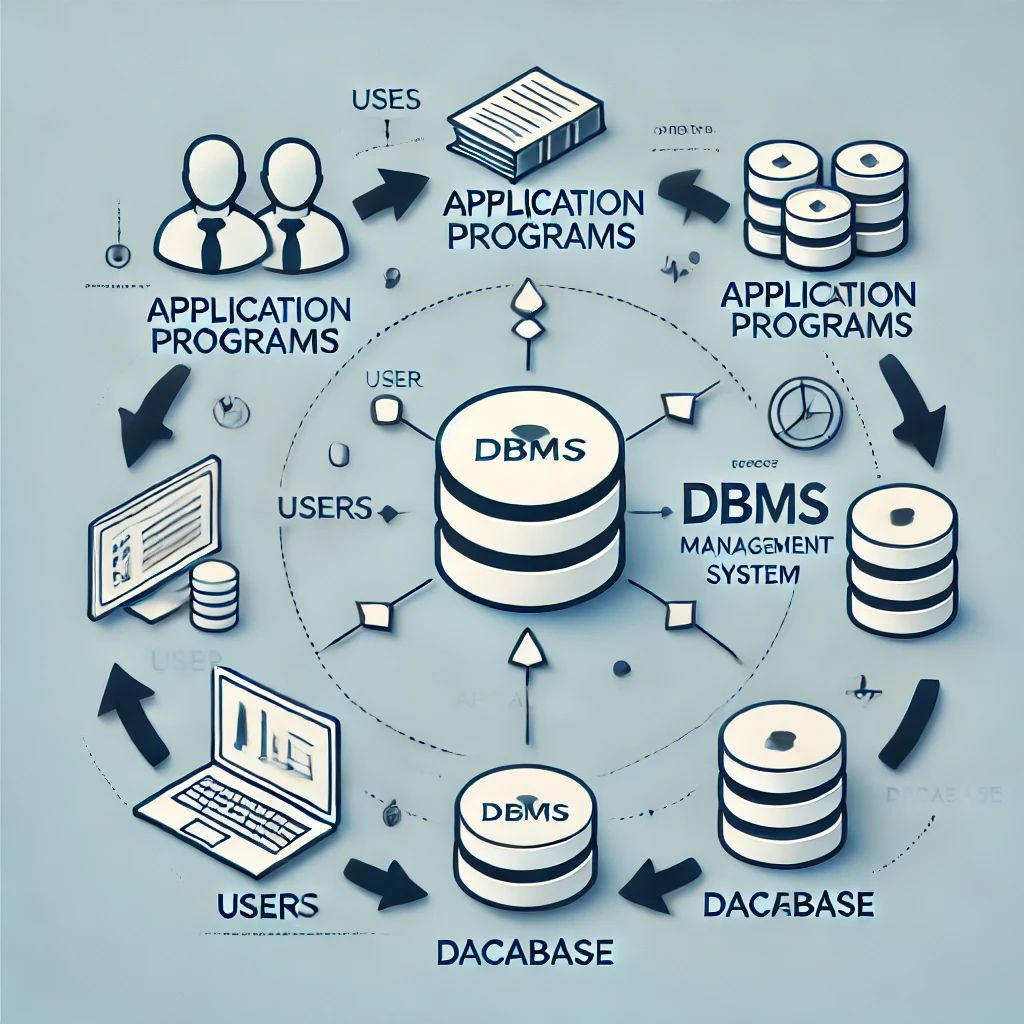DBMS

Why DBMS are Important Data Storage and Organization : Databases provide a structured way to store large amounts of data. They allow data to be organized into tables, rows, and columns, making it easier to store, manage, and retrieve information efficiently. Data Integrity : Databases help maintain data integrity by enforcing rules, such as data types and constraints. This ensures that the data is accurate, consistent, and valid throughout its lifecycle. Efficient Data Retrieval : Databases are designed for fast and efficient querying. They use indexing, optimization techniques, and query languages like SQL to retrieve specific data quickly, even in large datasets. Data Security : Databases offer features like user access control, encryption, and backup solutions to ensure that sensitive data is protected from unauthorized access, loss, or corruption. Concurrency Control : Many databases allow multiple users or systems to access and manipulate the data simultaneously, ensuri...

